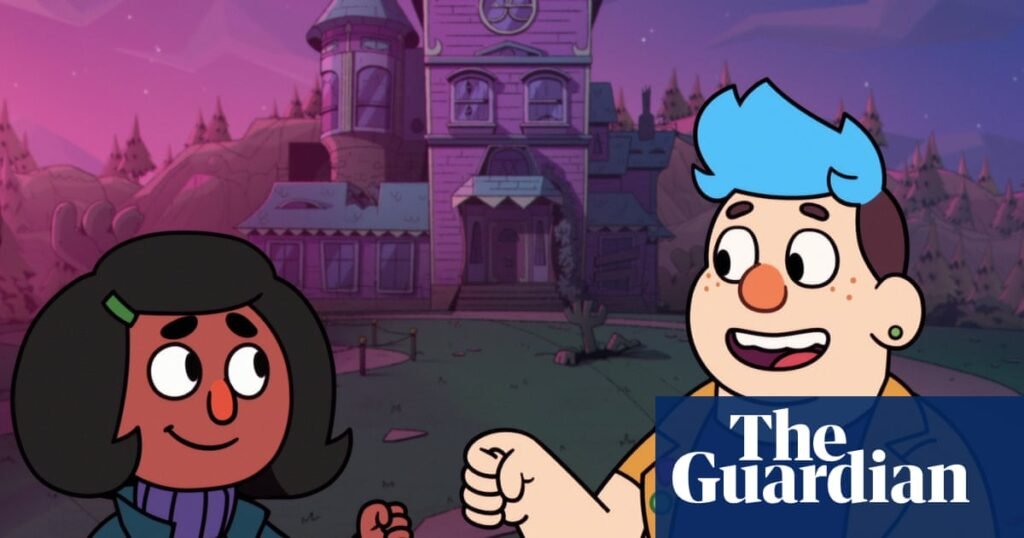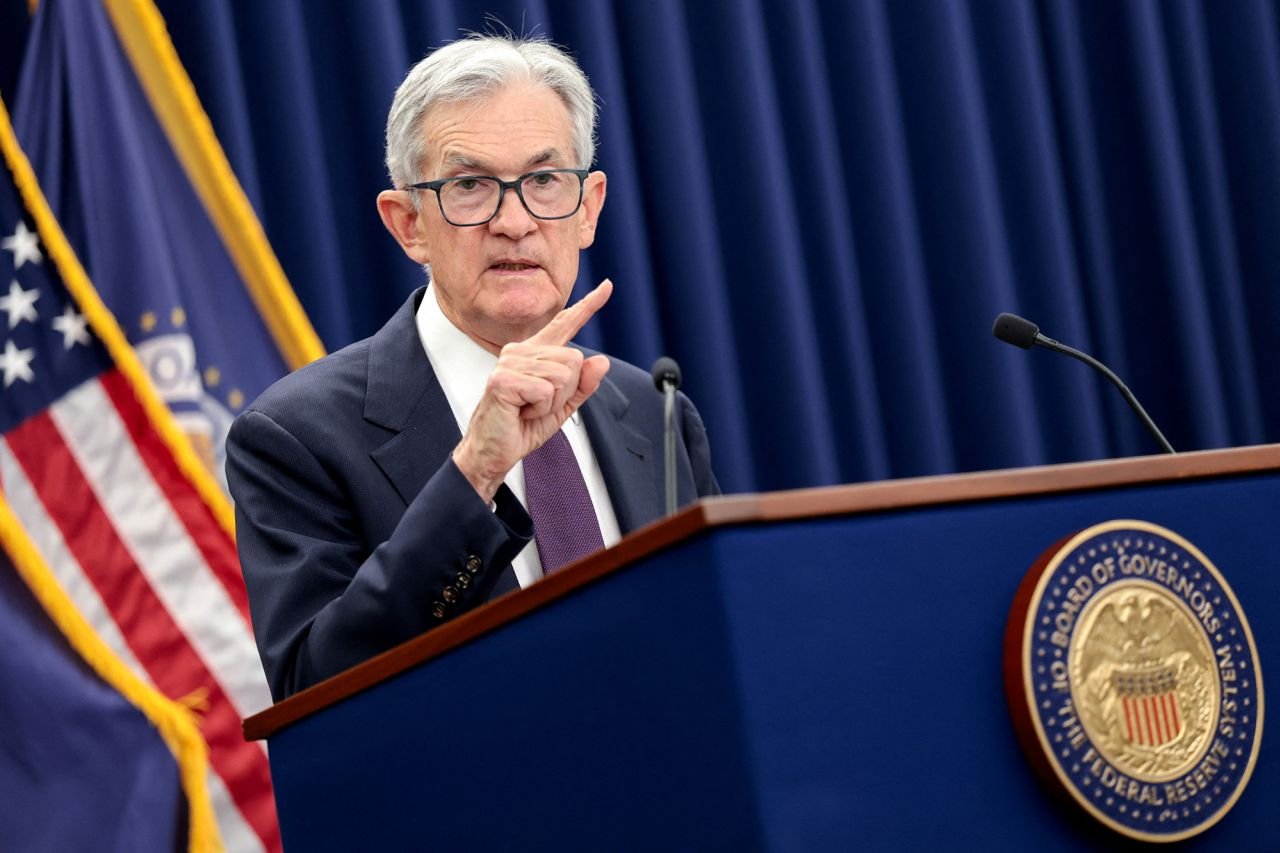Elon Musk Calls for Netflix Boycott Over LGBTQ+ Representation
Response from Voice Actor Zach Barack on ‘Dead End: Paranormal Park’
Musk’s Campaign and Broader Discussions on Free Speech
Elon Musk has recently called for a boycott of Netflix, urging his followers to cancel their subscriptions in response to the inclusion of LGBTQ+ characters in the platform’s content. This campaign was sparked by a clip from the animated series “Dead End: Paranormal Park,” which features a transgender character, resonating with the ongoing debates surrounding representation in media.
Musk, who has amassed a significant following on X, the platform formerly known as Twitter, has made multiple posts encouraging cancellations of Netflix subscriptions, claiming that the streaming service promotes a “woke bias.” Over the past few days, he has shared or reposted calls to cancel Netflix at least 26 times, indicating a concerted effort to rally support against the entertainment giant.
The controversy that initiated Musk’s campaign came when he shared a post from a rightwing activist account that criticized “Dead End: Paranormal Park” for its pro-transgender themes. The post labeled the show as inappropriate for children, igniting debates about the suitability of such content in children’s programming. The series itself aired for 20 episodes in 2022 before being canceled by Netflix, but it had garnered attention for its diverse representation and engaging storytelling.
In response to Musk’s comments, voice actor Zach Barack, who portrayed the character Barney in the series, defended the show. He expressed that “Dead End: Paranormal Park” has had a positive impact on children and their families, providing representation that many young viewers find relatable. Barack emphasized the vital role of media representation in fostering understanding and acceptance, particularly among younger audiences. He mentioned that seeing characters like Barney can help viewers understand and empathize with issues related to gender identity.
Musk has amplified his campaign by reposting testimonies from users claiming to have canceled their Netflix subscriptions, asserting that Netflix is pushing an agenda he believes to be harmful to children. Alongside his focus on Netflix, he has criticized other shows for promoting similar themes, suggesting a broader agenda he perceives within the entertainment industry. Musk’s statements and actions reflect his ongoing dialogue about what he views as the need for more ‘family-friendly’ content that aligns with his values.



